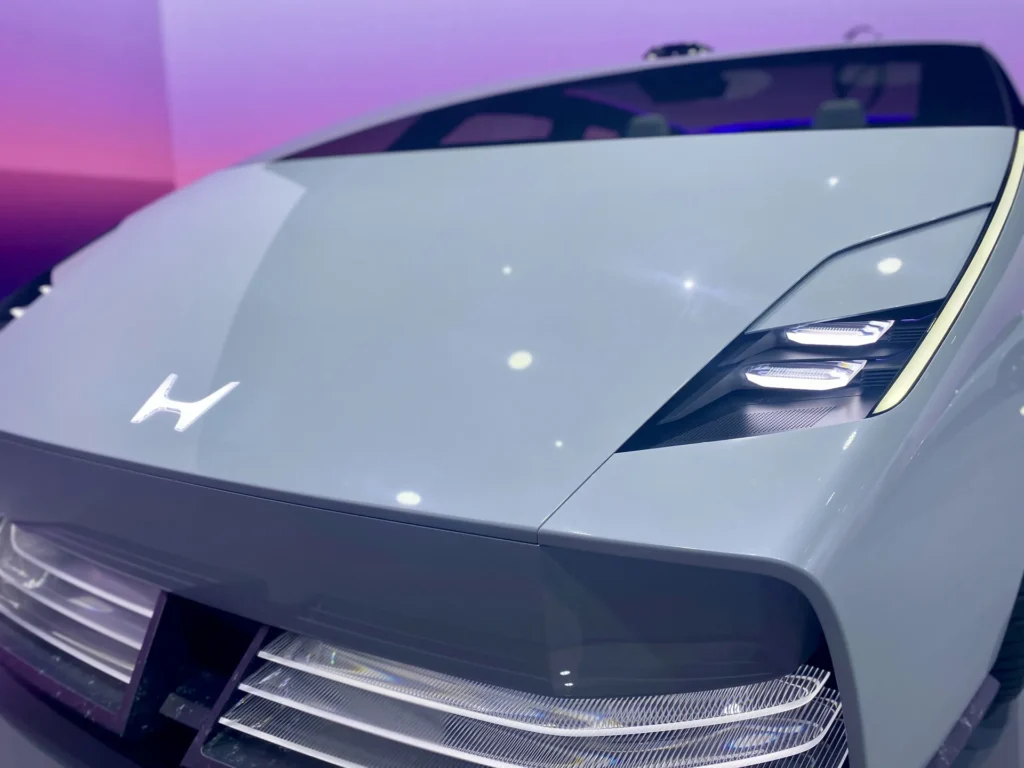Honda is reportedly considering a shift in plans for an affordable electric vehicle, with the possibility of manufacturing it in the United States, as per a recent report by Nikkei.
According to the report, Honda is aiming to introduce a compact EV priced at less than $30,000 in the U.S. market as early as next year. This new electric vehicle is expected to be produced in the U.S., potentially to avoid impending tariffs on imported vehicles that may be imposed by the Trump Administration.

Honda 0 Saloon prototype
The sub-$30,000 EV is expected to be the most affordable and compact model in Honda’s 0 Series lineup, which is projected to consist of seven models globally by the end of the decade. Honda recently unveiled prototypes of the first two 0 Series models, the Saloon (sedan) and SUV, at CES 2025.
During CES, Honda announced that a production version of the SUV prototype would be launched in the first half of 2026, followed by the sedan later in the year. These vehicles will be manufactured in Ohio, where Honda currently produces gasoline cars, alongside the Acura RSX electric SUV and the Afeela 1 electric sedan from the Sony Honda Mobility joint venture. The Acura model is set for release later this year, while the Afeela is scheduled to debut in 2026 alongside the Honda-branded models.

Honda 0 SUV prototype
American Honda has chosen not to comment on the aforementioned report.
In preparation for large-scale EV production in the U.S., Honda is reconfiguring three of its existing plants and establishing a $3.5 billion battery facility. The company has stressed that the production balance between EVs and gasoline vehicles will be dictated by market demand. In 2024, Honda indicated that it could potentially manufacture hundreds of EVs daily at its revamped Marysville Auto Plant in Ohio, potentially rivaling Tesla’s production capacity.
It remains to be seen if a sub-$30,000 EV will be part of the vehicles manufactured in Ohio next year. During CES 2024, Honda CEO Toshihiro Mibe told Green Car Reports that the company aims to introduce an affordable EV “very late in the 2020s,” with the feasibility of a $30,000 price point likely dependent on advancements in battery technology, particularly solid-state batteries.

